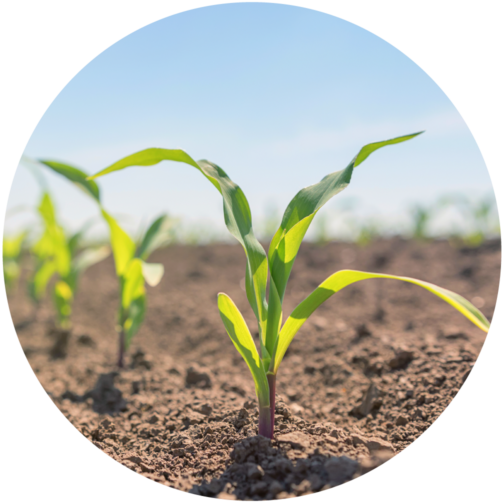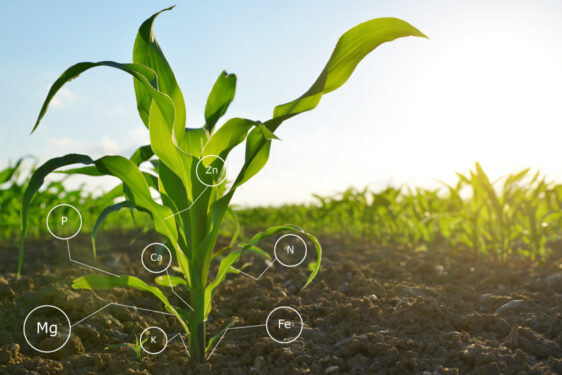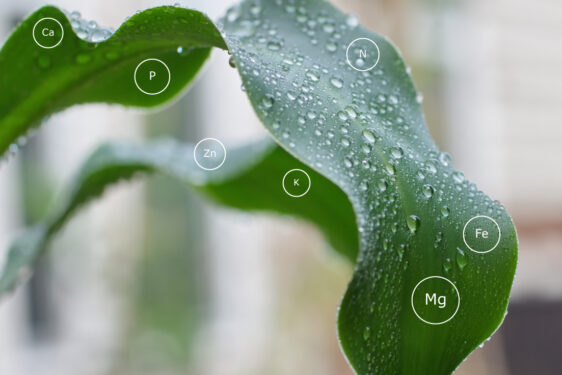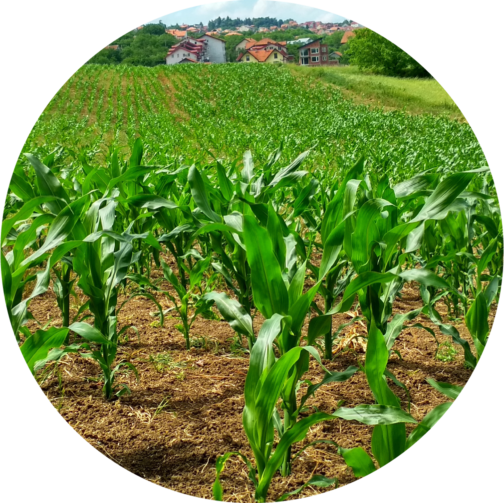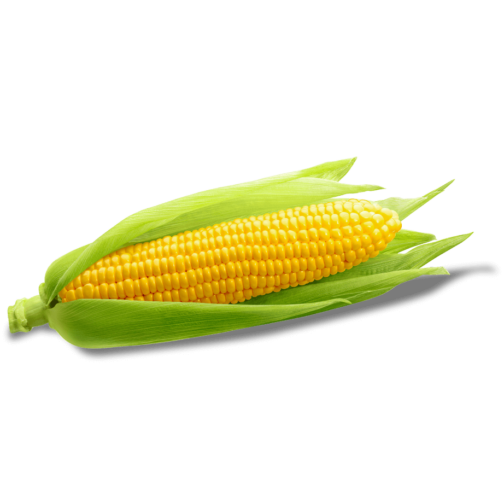
Maize
Maize (Zea mays L.)
It is one of the most important annual spring plants of arable crops for Greece. Due to its high productivity in biomass and fruit, it needs sufficient nutrients in order to achieve the desired high production yields. Therefore, sustainable fertilisation of maize is essential to maintain soil fertility, increase yields and improve the quality characteristics of the crop.
Specific characteristics
Maize is a highly productive plant. For this reason, its nutrient requirements for nitrogen are particularly high. Nitrogen (N) is the most important nutrient for maize, regulating the growth, quality and yield of the crop. Its deficiency leads to a reduction in seed number and weight, as well as a reduction in biomass, with significant effects on both yield and quality.
Phosphorus (P2O5) promotes the proper development of the plant’s root system and is essential for photosynthesis, respiration, carbohydrate synthesis, cell division and energy transfer. Potassium (K2O) is required for the activation of many enzymes and contributes significantly to the water balance of plants.
In addition, maize has particular requirements for Sulphur (S), Magnesium (MgO), Calcium (CaO), Iron (Fe), Zinc (Zn) and Manganese (Mn).
